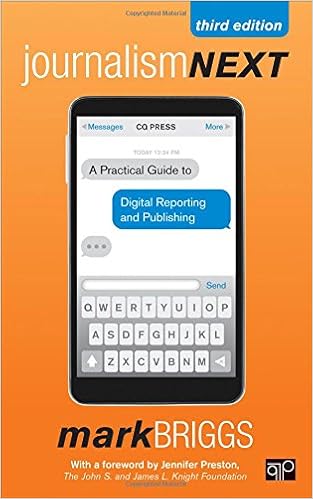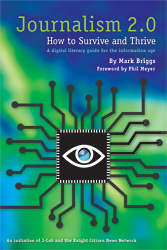 Actual computer code can be scary stuff. I’ve met too many veteran journalists who flinch and recoil when faced with even the smallest amount of computer code.
Actual computer code can be scary stuff. I’ve met too many veteran journalists who flinch and recoil when faced with even the smallest amount of computer code.
“I’m not a programmer,” they shriek. “I can’t do this.”
How about today’s college students? Surely these youngsters who grew up with MySpace and Facebook, are much more code-savvy, right?
Unfortunately, I haven’t found that to be the case, either. I’ve met countless college journalism students in the past few years who have no experience – or interest – in how to modify a web page with code, yet they have their own blogs, Facebook pages and more.
So even though it’s possible to lead a digital life without learning basic code skills, it will limit your ability to execute ideas and do better journalism. And besides, it’s really pretty easy stuff to learn.
“If I had one piece of advice to a journalist starting out now, it would be: learn to code,” Guardian technology editor Charles Arthur wrote on his blog. “And the journalism then flows on from that, because you can see so much more clearly.”
The more you understand about how digital content works, the better prepared you will be to work for a digital content operation. Basic knowledge of HTML, CSS and XML will allow you to see more clearly the opportunities for your journalism in the digital world.
Use the simple lessons here to begin your exploration of these concepts. When you come across a piece of jargon or an acronym you don’t understand, toss it into Google and keep going.
The only limit to understanding how the Web and digital content work is you. It’s all there; you just have to want to learn it.
 Mark Briggs
Mark Briggs  Posted in
Posted in 




